Table of Contents
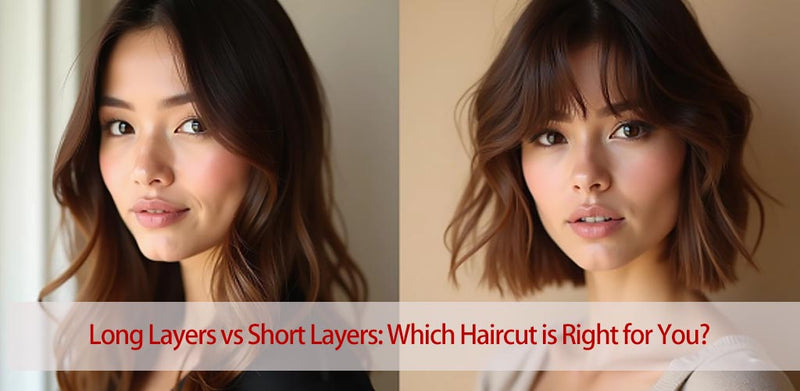
The decision you make on whether to wear long or short layers may go a long way in creating a different picture of yourself. Layers add style and create an easy-going look for your hair. The proper layered cut helps boost volume in thin hair or manage thick locks.
Layers create hair with different lengths from top to bottom. Both long and short-layer haircut styles offer unique perks. Your hairstylist can create layers to add volume to thin hair or reduce bulk in thick hair. Layers incorporate a natural motion, whether you wear it in a straight, wavy or curly manner.
Layered cuts don't need much styling to look good. But decisions on long or short layers can be hard to make. We will describe the particular distinctions of each of the styles and you will be able to find the most fitting one.
Layered Haircuts: What They Are and Why They Matter
Layers create a stepped look with parts cut at different lengths. Picture them as stairs that give shape to your hair. You'll spot layers in many styles from shags to bobs.
Classic layers blend well, while choppy layers stand out more. Layers that frame your face highlight your features and suit all hair types and face shapes. Hidden layers add secret volume, while feathered layers make wispy ends that flow away from your face. Pick hidden layers to add subtle volume or feathered ones to create visible texture.
Layers help your hair move more freely by reducing excess weight. The right layers give bounce to straight hair, lift to curly hair, or add volume to flat hair. For thin hair, layers on top create volume. Thick hair looks better with layers that cut down bulk while adding shape. Short and long sections create natural movement that one-length cuts can't match.
Long Layers vs Short Layers: Visual and Functional Differences
Long layers and short layers differ in more than just length. These terms indicate the gap between layers, not the overall hair length.
Long layers maintain length while adding subtle movement. Short layers remove more hair to create a lighter, more voluminous feel. Your pick between long and short layers haircut hinges on whether you want to keep the length.
Short layers boost volume at the crown. Long layers spread volume towards the ends for a flowing appearance.
Long layers are great for updos. Short layers create playful styles with less effort.
Round faces look nice with long layers. Square faces need short layers. Oval faces work well with both.
Fine hair gains volume from short layers. Thick hair looks nicer with long layers. Curly hair suits both, while straight hair displays layers.
Styling and Maintenance: What to Expect

Your layered cut requires the right tools and methods. Let's explore what each style needs.
For long layers vs short layers, longer layers require tools to create flow. Use a 1-inch curling iron to make waves. Use round brushes when blow-drying. Add lightweight products to prevent heavy hair.
Layered cuts need regular maintenance. Short layers require trims every 4 to 6 weeks. Long layers can last 8 to 12 weeks. Face-framing layers need cuts every 6-8 weeks.
It takes 5-15 minutes a day to style short layers. The Long layers usually take between 20 and 45 minutes, again depending on the thickness of your hair. Short layers keep texture better without needing much product. Long layers often need daily styling to add volume.
Pros and Cons: Long Layers vs Short Layers
Long layers vs short layers each have their own perks. Long layers create smooth movement while keeping hair long. They thin out thick hair without significant changes. These layers grow out, making them a safer choice for newcomers. However, they don't add much volume at the crown and need careful styling.
Short layers lift and add bounce - perfect for fine hair. They create volume on top and keep their shape well. Nonetheless, short layers can complicate the creation of ponytails and require frequent trimming.
Call us at +1-833-785-5654 or visit our website to find the most suitable hair topper to match your requirements.
Comparison: Long Layers vs Short Layers
|
Feature |
Long Layers |
Short Layers |
|
Volume Distribution |
Creates volume toward hair ends |
Adds volume at the crown |
|
Maintenance Schedule |
Trims every 8-12 weeks |
Trims every 4-6 weeks |
|
Styling Time |
20-45 minutes daily |
5-15 minutes daily |
|
Best for Face Shapes |
Ideal for round faces - creates an elongating effect |
Better for square faces - softens features |
|
Hair Type Suitability |
Works best for thick hair - removes bulk |
Perfect for fine hair - adds volume |
|
Styling Tools Needed |
1-inch curling iron, 1.5-2 inch round brush |
0.75-inch curling wand, smaller styling tools |
|
Growing Out Process |
Grows out more naturally |
It can be challenging, and it takes longer to blend |
|
Updo Compatibility |
Great for updos and versatile styles |
More complicated to manage in updos - pieces fall out |
|
Main Benefits |
• Removes weight from thick hair • Creates subtle movement• Maintains length • Low-risk change |
• Adds immediate lift • Creates texture • Holds shape well • Provides noticeable volume |
|
Main Drawbacks |
• Less crown volume • Needs more styling attention • Can look uneven if not cut properly |
• Requires frequent maintenance • Difficult for ponytails • Needs regular trims • More dramatic grow-out phase |
Conclusion
Your needs determine whether you opt for long or short layers. Long layers create subtle movement while keeping length - great for thick hair. Short layers add volume at the crown, perfect for fine hair.
Face shape is also a factor. Round faces can be well-suited for long, layered hair, while square faces can be well-suited for short, layered hair. Consider your day-to-day routine - a short cut does not need as much styling but must be trimmed more often.
Each style has its own perks. Long layers help take weight out, while short layers give an immediate boost. Select the one that is more appropriate in your everyday day life and the outcome you want with your hair.




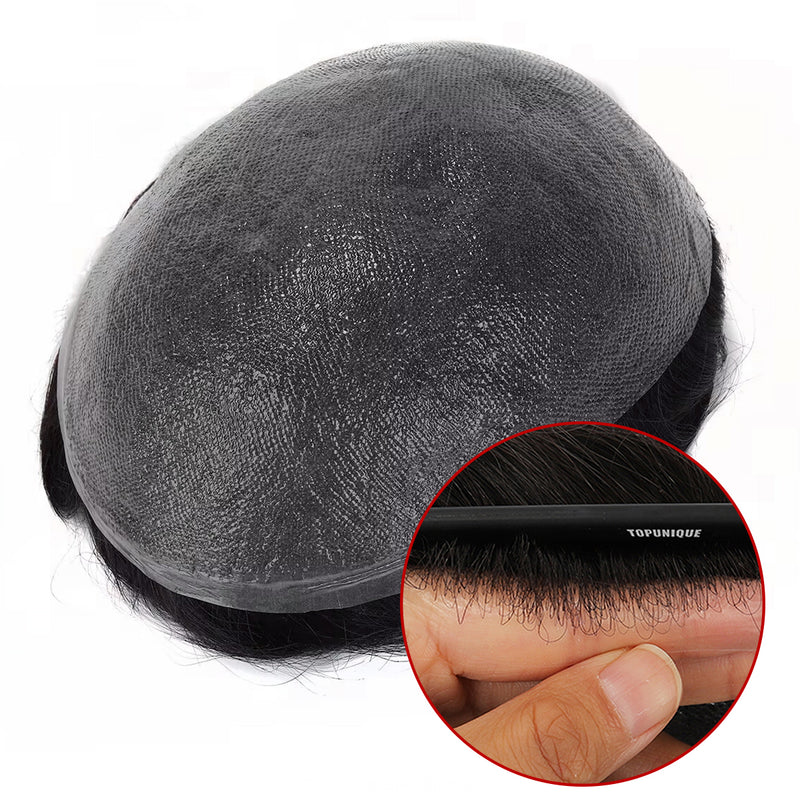
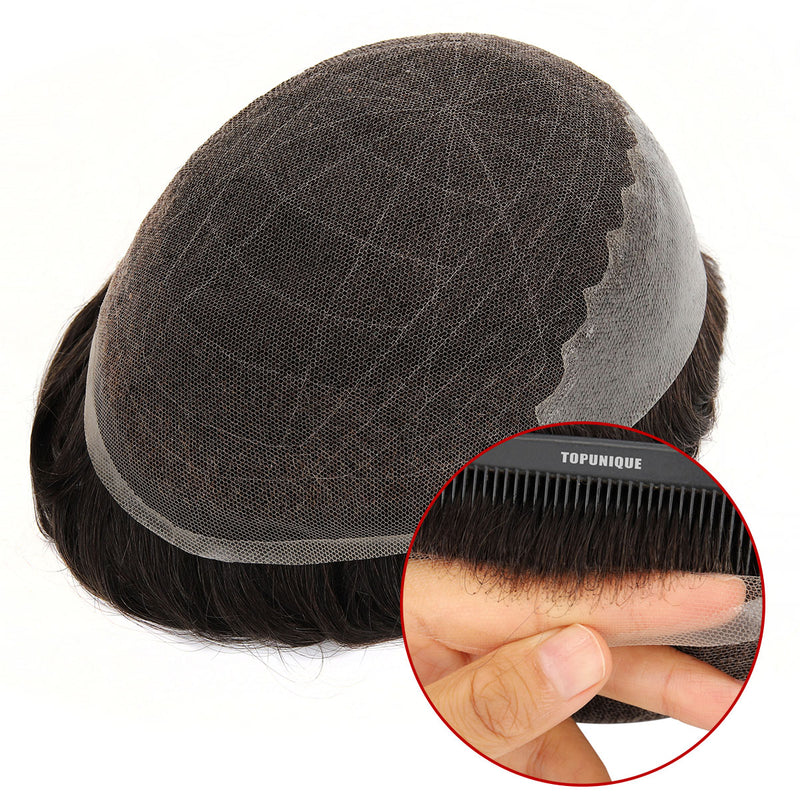
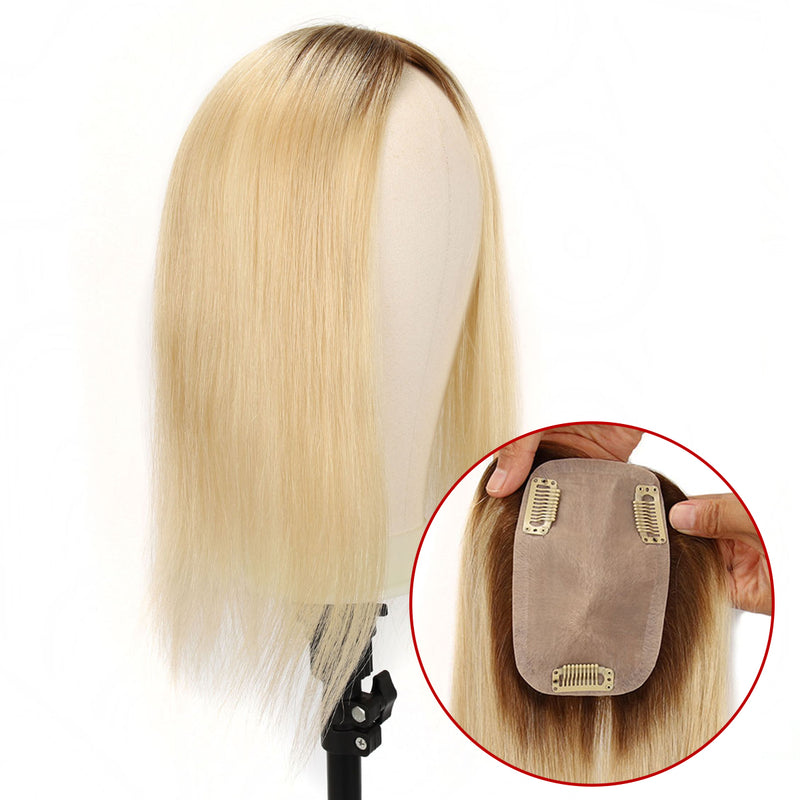
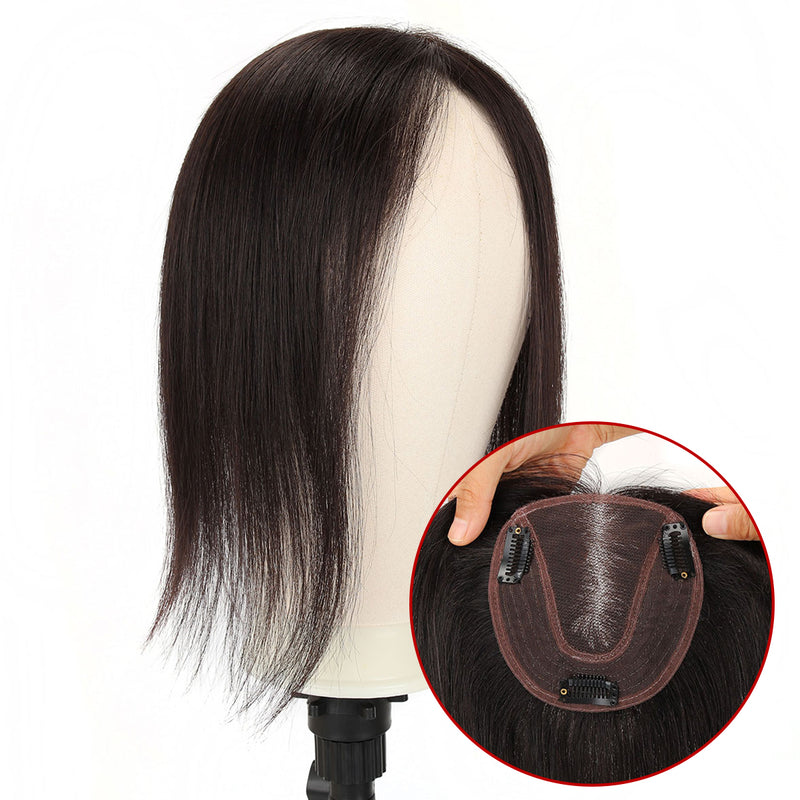


0 comments